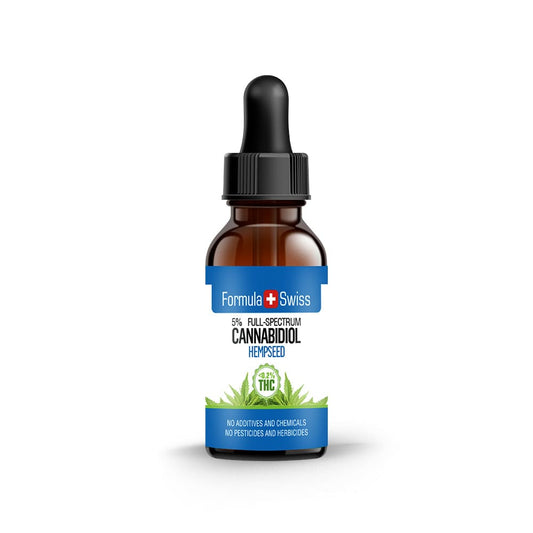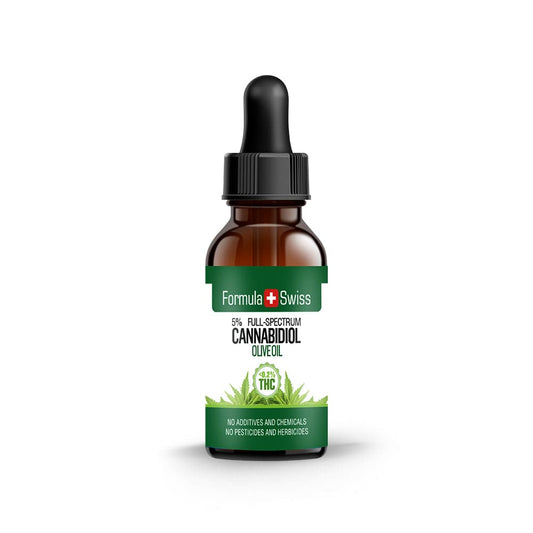Cannabis as a Sleep Aid: Insights from Canadian Cancer Survivors
In a recent survey published in the Journal of Cancer Survivorship: Research and Practice, a notable percentage of Canadian cancer survivors have reported using cannabis as a sleep aid. This survey, conducted in Halifax, Canada, involved over 1,400 participants, with 24% acknowledging the use of cannabis to facilitate better sleep. The reported benefits were significant, including relaxation, reduced time to fall asleep, fewer nocturnal awakenings, and overall improved sleep quality.
The Legal Landscape of Cannabis in Canada
It's important to note that in Canada, cannabis is legal for both medical and adult use. This legal status has likely contributed to the openness of cancer survivors in discussing their use of cannabis as part of their post-diagnosis treatment regimen.
Post-Diagnosis Cannabis Use
Over two-thirds of the survey's respondents initiated cannabis use following their cancer diagnosis, with over one-third reporting daily use. This shift towards cannabis use post-diagnosis suggests a growing trend among patients seeking alternative treatments beyond conventional medicine.
Understanding the Broader Use of Cannabis and CBD as Sleep Aids
The use of cannabis and CBD products as sleep aids is not limited to cancer survivors. The general public has also reported similar usage, with data from the journal Complementary Therapies in Medicine indicating that the enactment of adult-use marijuana legalization laws correlates with a significant reduction in the sales of over-the-counter sleep aids.
The Impact of Legalization on Over-the-Counter Sleep Aid Sales
This correlation between legalization and reduced reliance on traditional sleep aids underscores the potential of cannabis as a natural alternative for sleep management. It also highlights the importance of legal frameworks in shaping public health trends and treatment choices.
Comparative Analysis with Other Conditions
The use of cannabis for sleep among cancer survivors is part of a broader pattern. Other studies have shown that medical cannabis is most often consumed for pain and muscle spasms, as detailed in a report from NORML. Furthermore, one in six cancer patients report using cannabis for symptom management, a statistic that is gaining attention in the medical community.
Communication with Healthcare Providers
A concerning trend, however, is the lack of communication between patients and healthcare providers. A survey highlighted that nearly one-third of cancer patients use cannabis post-diagnosis, yet most do not inform their doctors. This gap in communication can have significant implications for patient care and the integration of cannabis into comprehensive treatment plans.
The Evolving Role of Cannabis in Cancer Care
The increasing acknowledgment of cannabis use by cancer survivors for sleep aid is indicative of a shift in the perception and utilization of cannabis in cancer care. As survivors seek to improve their quality of life post-treatment, cannabis emerges as a potential ally in their recovery and ongoing well-being.
Quality of Life and Recovery
For many survivors, the battle with cancer does not end with remission. Long-term side effects and the emotional toll of the disease can persist for years. Cannabis, with its reported benefits in sleep quality and relaxation, may play a crucial role in enhancing the quality of life for these individuals.
Challenges and Future Research
Despite the promising findings, the use of cannabis as a sleep aid, particularly among cancer survivors, presents challenges that need to be addressed. These include the need for more comprehensive research, the development of standardized dosing, and a better understanding of the long-term effects of cannabis use.
Standardization and Regulation
One of the primary challenges in the medical use of cannabis is the lack of standardization in dosing. Unlike conventional medications, cannabis dosing is often subjective. This area requires significant research and regulatory efforts to ensure safe and effective use.
Long-Term Effects and Continued Research
The long-term effects of cannabis use, especially as a sleep aid, are not yet fully understood. Ongoing research is essential to establish a clear understanding of how cannabis can be best utilized in cancer care and survivorship.







